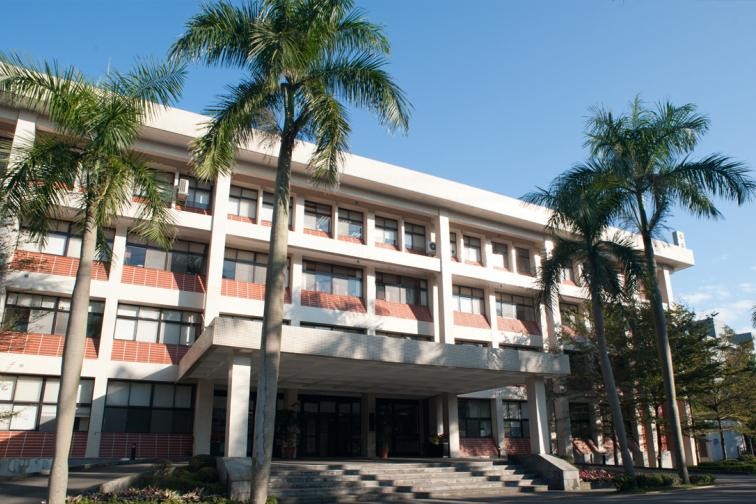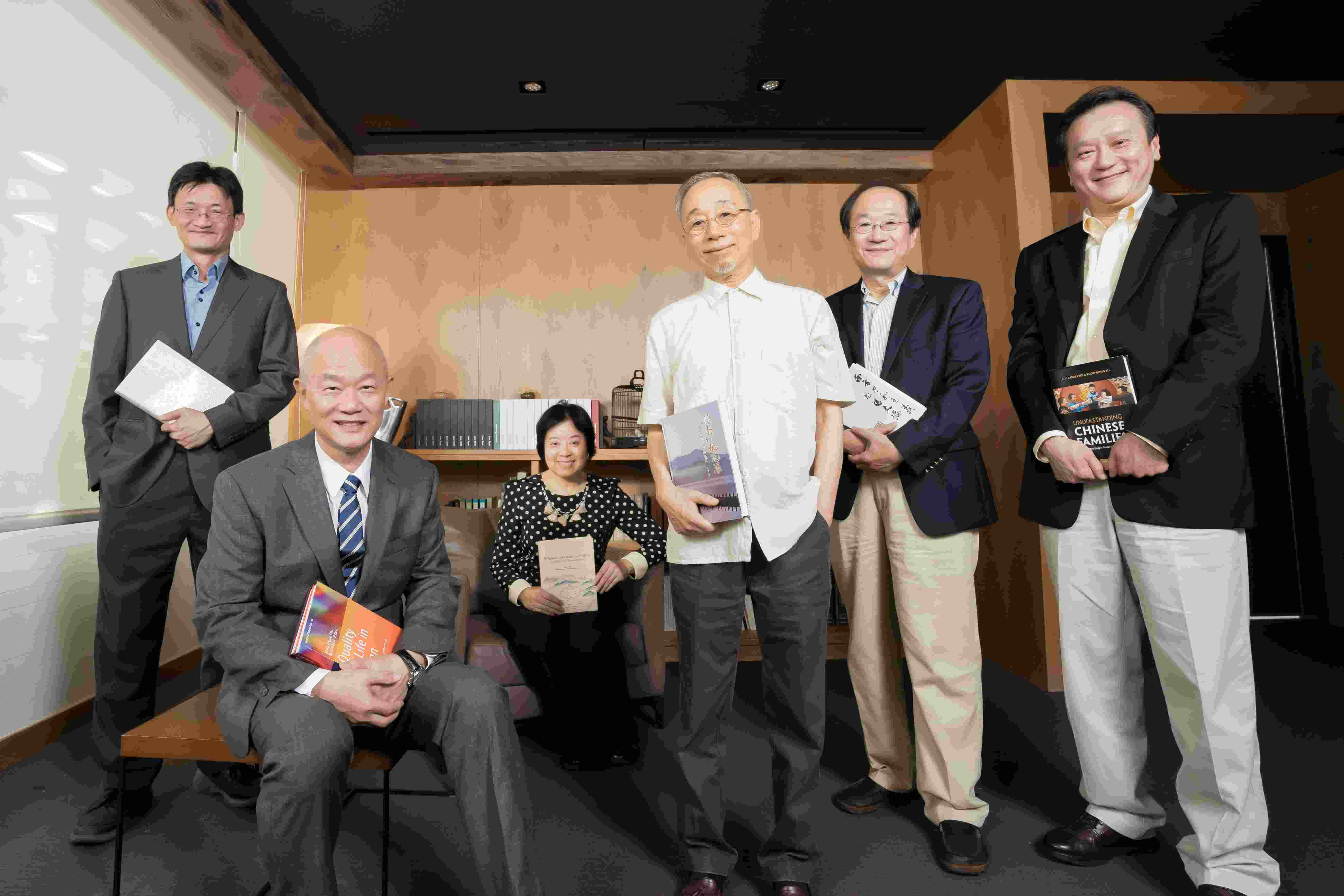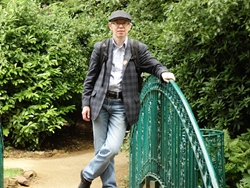- 演講或講座
- 語言學研究所
- 地點
中央研究院語言學研究所519會議室
- 演講人姓名
李琦 研究員
- 活動狀態
確定
- 活動網址
This presentation proposes syntactic functions for the voice markers in Philippine-type languages. In particular, I show how these markers relate to event structure. The “patient voice” clause type with a nominative case-marked direct object is a basic transitive clause with a definite and affected theme/patient argument. Consequently, the events expressed by this clause type are typically bounded. In contrast, the “actor voice” generally has an indefinite, less affected theme, thus expressing unbounded events. In the locative applicative construction (“locative voice”), a goal or location has nominative case. This clause type can also be used to express an unbounded event if the applied object is a theme, which receives a partitive interpretation. Finally, the second applicative construction (“circumstantial voice”) selects a moved theme, instrument, beneficiary, or similar pseudo-argument. This object is typically not directly affected by the action of the verb but rather serves to initiate the event. Given these syntactic functions, it is also clear that the voice morphemes should not be analyzed as mere markers of agreement with the grammatical functions of the selected arguments. This paper will specifically present arguments against the agreement approach recently advocated in Victoria Chen’s (2017) University of Hawaii dissertation.









 首頁
首頁

